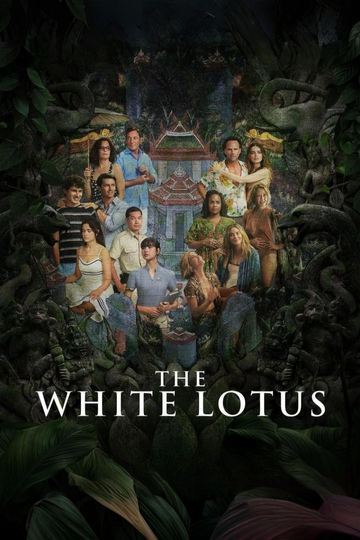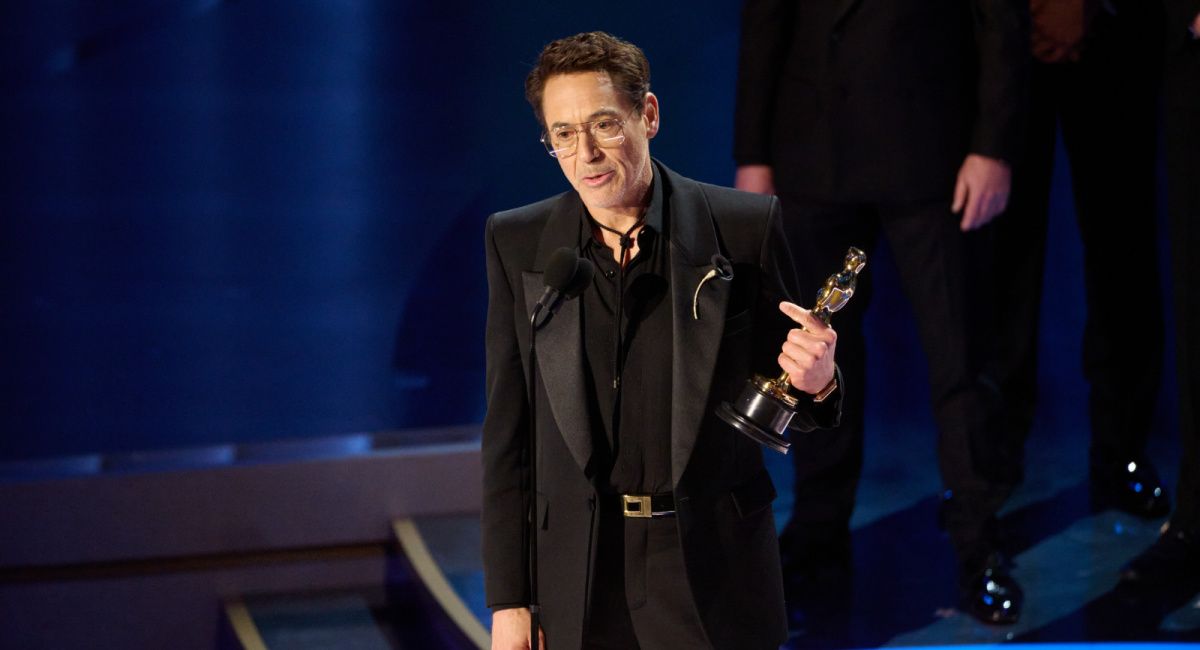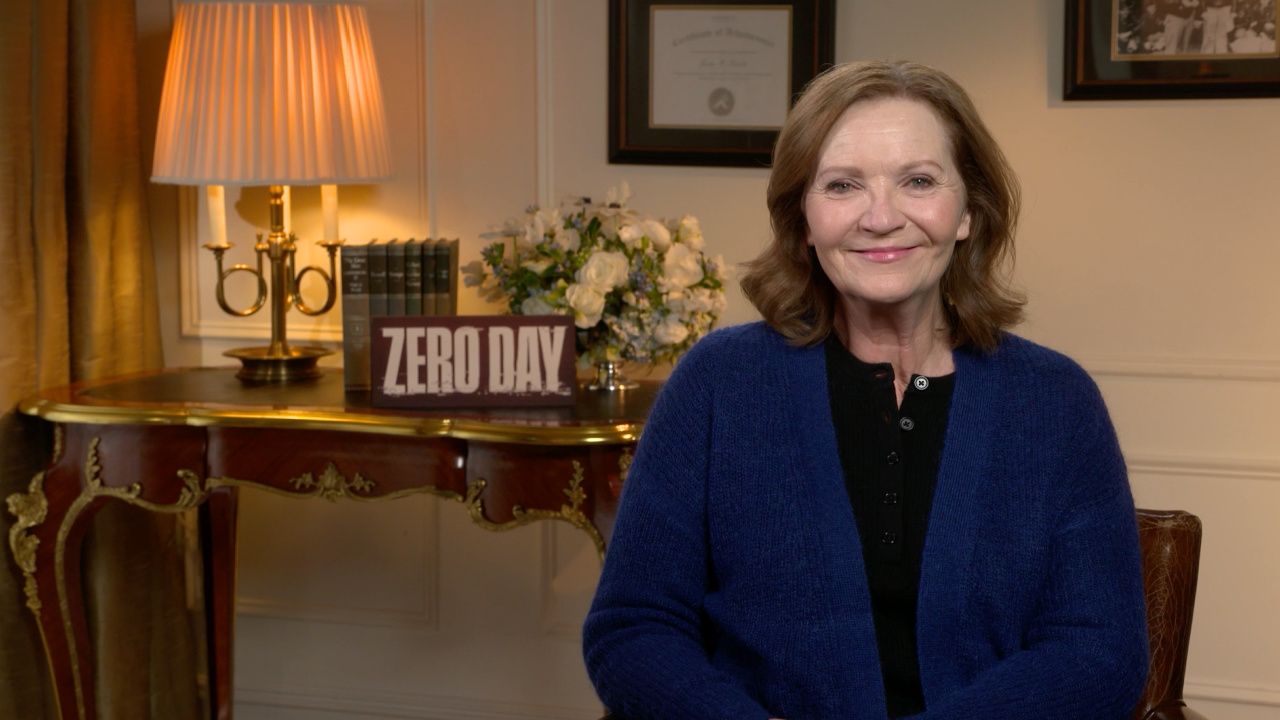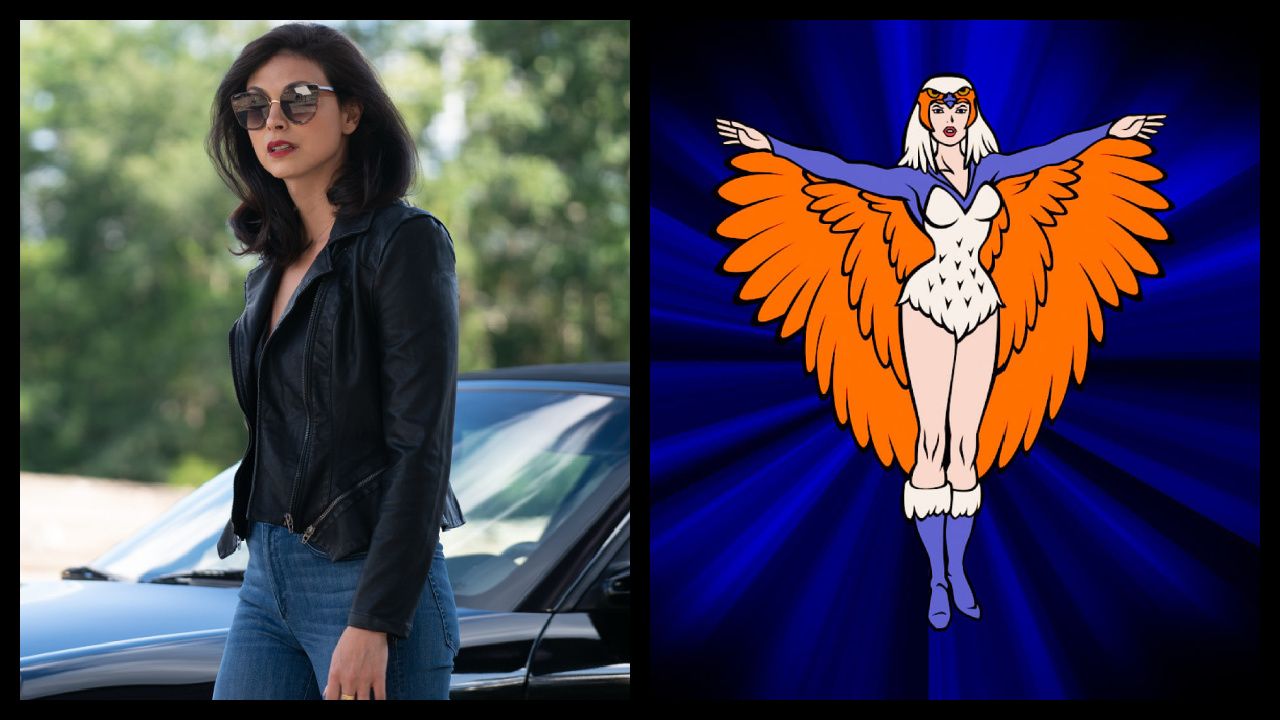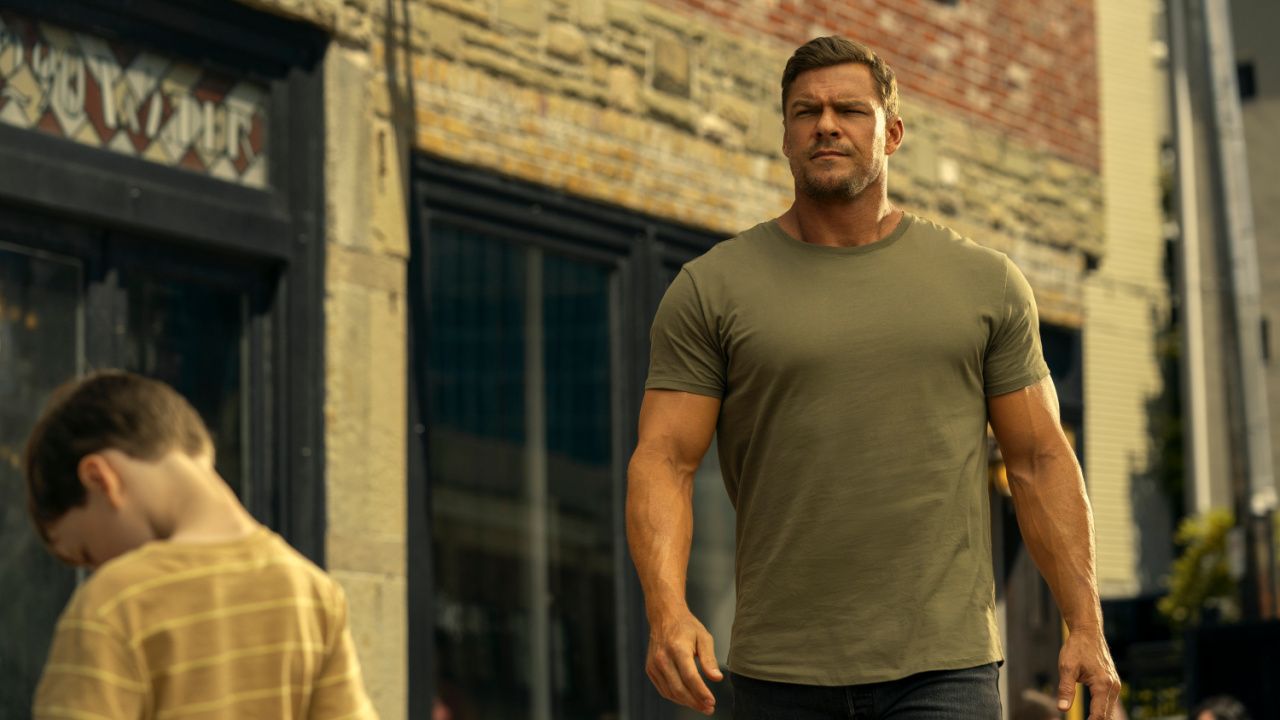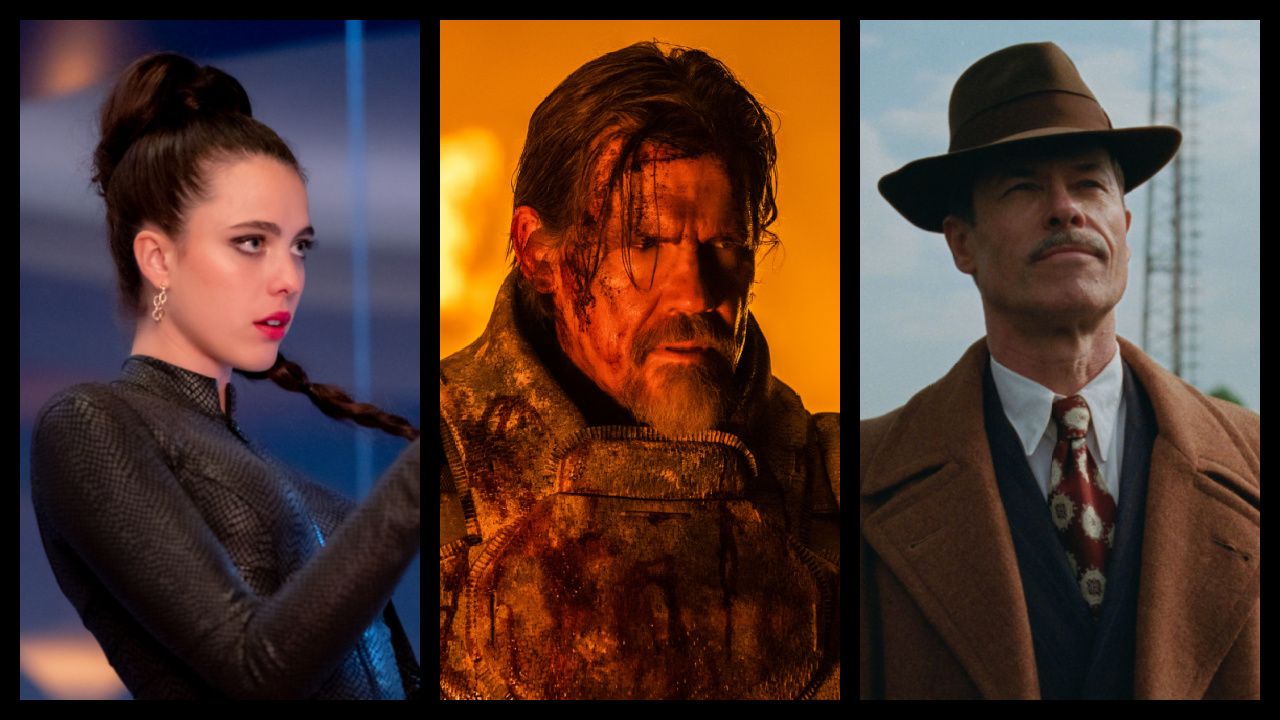‘American Fiction’ is a Smart, Satirical Take on the Portrayal of African-Americans on the Page and Screen
Cord Jefferson’s movie boasts a winning central performance by Jeffrey Wright and a fine ensemble around him.

Jeffrey Wright stars as Thelonious "Monk" Ellison in writer/director Cord Jefferson’s 'American Fiction,' an Orion Pictures Release. Photo credit: Claire Folger. © 2023 Orion Releasing LLC. All Rights Reserved.
Opening in theaters in limited release on December 15th and expanding wide on December 22nd, ‘American Fiction’ is one of the canniest and funniest satires to land in theaters for a long time.
Rooted in an assured, well-observed script adapted itself from a great book, Cord Jefferson’s feature directorial debut has a captivating lead performance from Jeffrey Wright, surrounded by a cadre of actors from which there are no false notes.
Is ‘American Fiction’ worth writing home about?

(L to R) Sterling K. Brown stars as Cliff Ellison, Jeffrey Wright as Thelonious "Monk" Ellison and
Erika Alexander as Coraline in writer/director Cord Jefferson’s 'American Fiction,' an Orion Pictures Release. Photo credit: Claire Folger. © 2023 Orion Releasing LLC. All Rights Reserved.
The subject of race in America and the wider world can often be a tricky one to tackle; and while that’s certainly the driving force in the movie, it’s one that it handles with such surety and creativity that you come away from the experience impressed and satisfied.
Percival Everett’s novel ‘Erasure’ was fueled by an incisive, angry look at how the Black experience can be commodified and packaged for guilt-ridden white audiences –– the better for it to be accepted into wider, whiter society.
That’s an even trickier narrative to make work in a movie, so Cord Jefferson –– who has form writing on shows such as ‘Watchmen’, ‘The Good Place’ and ‘Master of None’ but hadn’t directed a film before –– is to be lauded for how effectively he does it. ‘American Fiction’ might occasionally fall into the odd indie movie trope, but that doesn’t diminish its power or entertainment value.
‘American Fiction’: Script and Direction
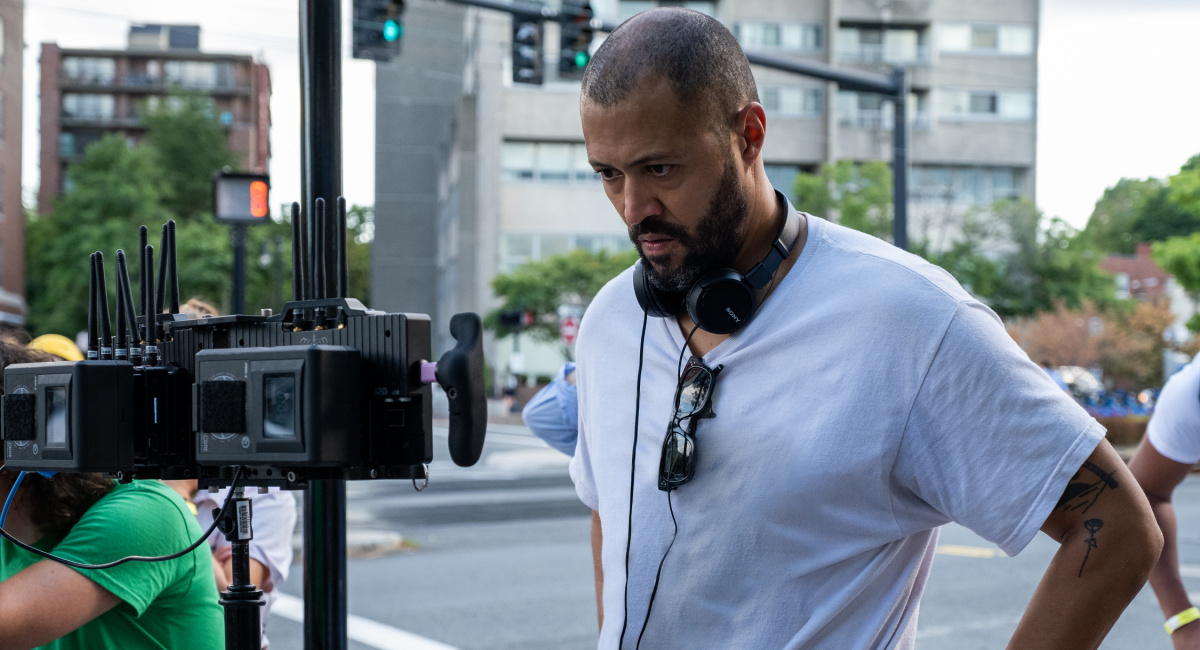
Writer/director Cord Jefferson on the set of his film 'American Fiction,' an Orion Pictures Release. Photo credit: Claire Folger. © 2023 Orion Releasing LLC. All Rights Reserved.
Having worked in various writers’ rooms, Jefferson knows his way around an astute screenplay, and here he channels Everett’s book while also finding his own voice. The writing is witty and keenly observed, but it’s not all about the central premise –– the family story running alongside it (and sometimes taking prominence in the life of main character Thelonious “Monk” Ellison, (played by Jeffrey Wright) is given plenty of space and time to becoming just as involving.
As a director, Jefferson mostly lets his characters do the heavy lifting, aside from a couple of worthwhile meta sequences where creations come to life or the end of the film is edited and workshopped by two characters, this has an unassuming visual palette that gives the story prominence.
One or two moments do slip into standard indie movie style –– shots of characters contemplating their situation on a beachfront path as seagulls cry in the distance, waves lap the land and Laura Karpman’s score goes full ‘Charlie Brown Christmas’ jingly jazz don’t help matters, but they are few and far between.
Much more successfully is how Jefferson has brought out the best in his cast, which we suppose isn’t too difficult given a cast this wonderful, but still counts for a lot.
Related Article: Sterling K. Brown on the 'Incredibly Inspiring' True Story of Marshall
‘American Fiction’: Performances

(L to R) Erika Alexander stars as Coraline and Jeffrey Wright as Thelonious "Monk" Ellison in writer/director Cord Jefferson’s 'American Fiction,' an Orion Pictures Release. Photo credit: Claire Folger. © 2023 Orion Releasing LLC. All Rights Reserved.
Jeffrey Wright owns ‘American Fiction’, absolutely proving he’s one of the best actors of his generation, albeit one who doesn’t always get the chance to prove that (which just shows you why the conceit of the movie is worth exploring).
Here, Wright feasts on the role of Monk, giving life to Jefferson’s script in nuanced, creative and emotionally satisfying fashion. An intellectual author who teaches privileged, issues-led students at a Los Angeles college to make ends meet between publishing highbrow fiction (he’s shocked when he sees his work filed in the “African American” section and insists it be moved elsewhere, only to be informed by a nervy shop assistant that that’s not how chain stores work).
Monk is a fully realized, superbly rounded character, one who soon learns what he’s always feared; that he’s slowly pushed everyone and everything in his life away and is painfully lonely, even as he covers it with intelligent frustration. This is a funny, flawed, human man with many foibles tarring his intelligence. When he decides to write the ultimate “Black experience” book to poke fun at the sort of material that white publishers lap up, his career becomes much more successful, even as he’s terrified of what it all means, and his life slowly starts to spiral out of control.
But this is no monologue, and Jefferson has cast so very well around Wright that it’s hard to pick out the best of the ensemble. When you have the likes of Sterling K. Brown, Keith David, Tracee Ellis Ross, Leslie Uggams, Issa Rae and John Ortiz in fully fleshed out supporting roles, you know you’re in good hands. Everyone shines, helping to build Jefferson’s world and filling it with watchable moments.
‘American Fiction’: Final Thoughts
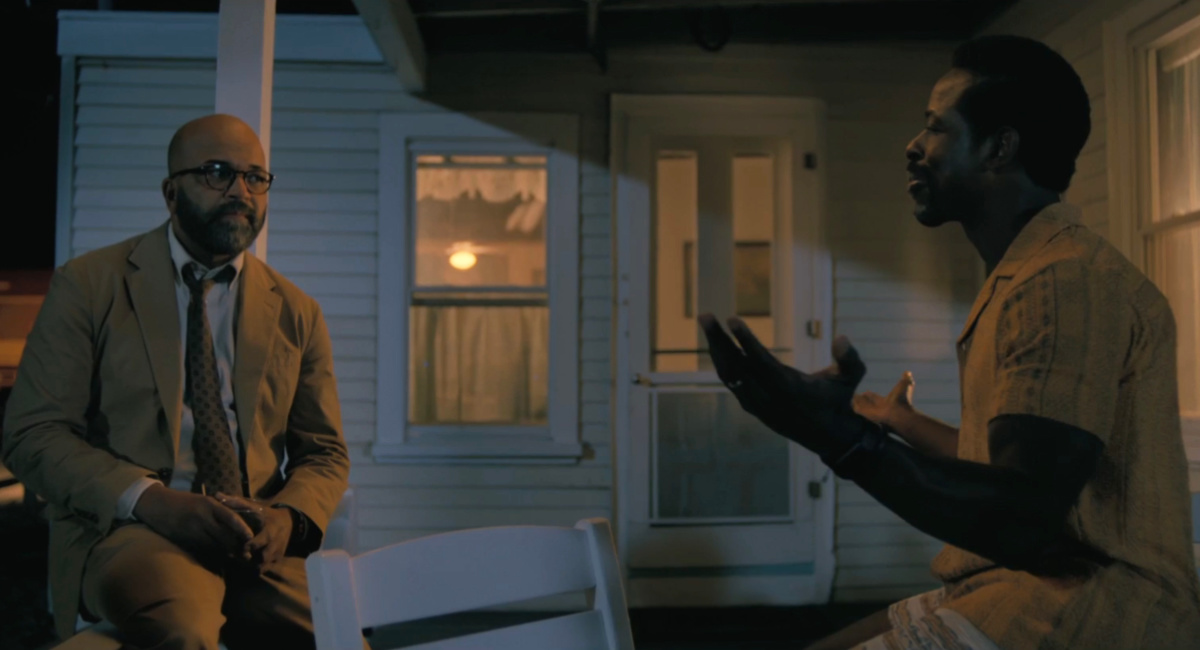
(L to R) Jeffrey Wright and Sterling K. Brown in 'American Fiction,' an Orion Pictures Release. Photo credit: Claire Folger. © 2023 Orion Releasing LLC. All Rights Reserved.
‘American Fiction’ features a book awards ceremony at one point, and the voting process for the tomes that end up making it to the dais could well be read as a dig at the Oscars’ proclivity for movies such as 2004’s ‘Crash’ that claim to have insight on race relations.
Yet as a movie itself, the film is good enough to be in consideration for categories such as Best Actor (for Wright), Best Adapted Screenplay (for Jefferson) and more. It might be dealing with a difficult subject, but it makes the whole endeavor look easy. As film directing debuts go, Cord Jefferson scores a real winner, and I can’t wait to see what he does next.
‘American Fiction’ receives 8.5 out of 10 stars.
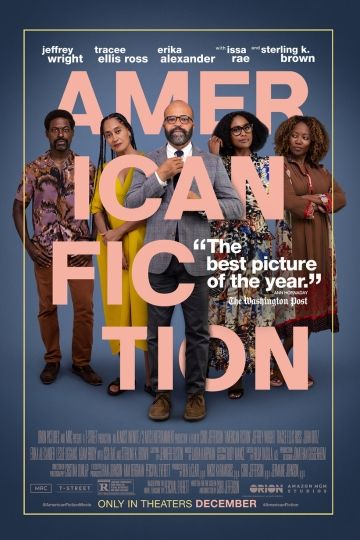
What’s the story of ‘American Fiction’?
In ‘American Fiction’, Jeffrey Wright stars as Monk, a frustrated novelist who is fed up with the establishment profiting from “Black” entertainment that relies on tired and offensive tropes.
To prove his point, Monk uses a pen name to write an outlandish “Black” book of his own, a book that propels him to the heart of hypocrisy and the madness he claims to disdain.
Who else is in ‘American Fiction’?
Around Wright, the cast includes Tracee Ellis Ross, John Ortiz, Erika Alexander, Leslie Uggams, Adam Brody, Keith David, Issa Rae and Sterling K. Brown.
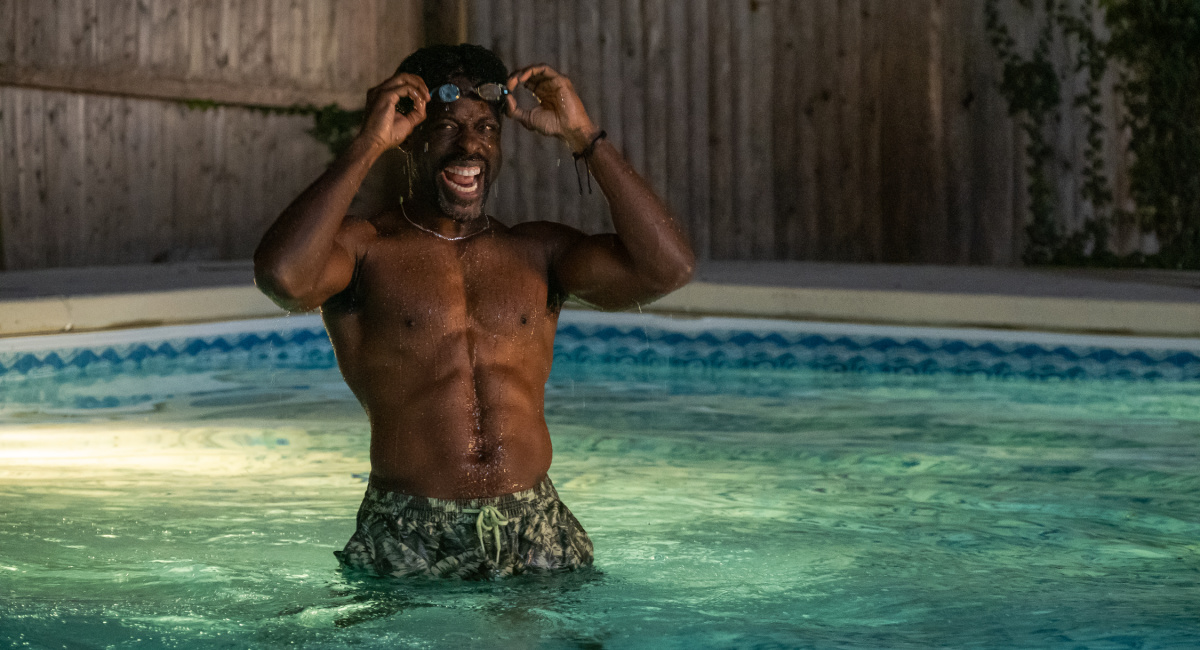
Sterling K. Brown star as Cliff in writer/director Cord Jefferson’s 'American Fiction,' an Orion Pictures Release. Photo credit: Claire Folger. © 2023 Orion Releasing LLC. All Rights Reserved.
Other 'American Fiction' Movies:
- 'Citizen Ruth' (1996)
- 'Election' (1999)
- 'Wonder Boys' (2000)
- 'About Schmidt' (2002)
- 'Sideways' (2004)
- 'The Descendants' (2011)
- 'Young Adult' (2011)
- 'Nebraska' (2013)
- 'Can You Ever Forgive Me?' (2018)
- 'The French Dispatch' (2021)
- 'The Holdovers' (2023)
- 'Rustin' (2023)
- 'Asteroid City' (2023)
Buy Tickets: 'American Fiction' Movie Showtimes
Buy Jeffrey Wright Movies on Amazon







